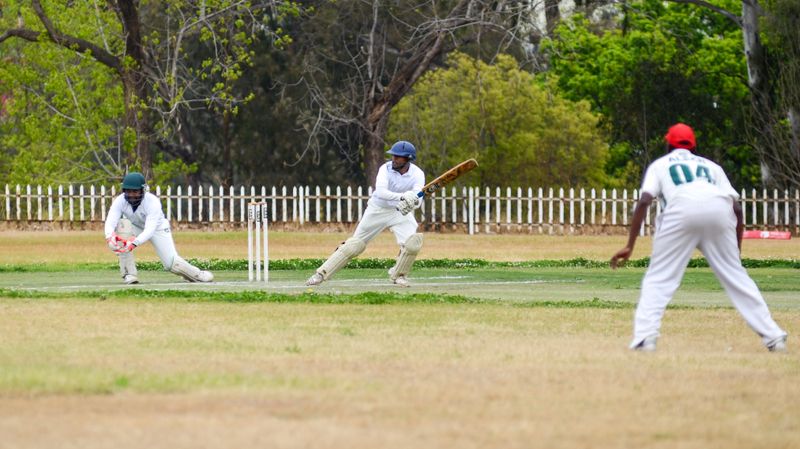Scotland vs Georgia Restarted After Suspension and Failed Inspection
In a dramatic turn of events, the Euro 2024 qualifying match between Scotland and Georgia was suspended due to heavy rain battering the Hampden pitch. The game eventually restarted after substantial efforts to fix the sodden conditions, but the suspension and failed inspection raise concerns about the potential risks associated with playing under such circumstances.
The Delicate Nature of Sporting Events
Sporting events often capture the essence of human determination and resilience. Athletes push themselves to the limit, defying physical and mental barriers in pursuit of victory. However, these events are not immune to external factors that can disrupt the flow and integrity of the competition.
One crucial factor that can greatly impact sporting events is the weather. In this case, torrential downpour transformed the Hampden pitch into a waterlogged surface, making it difficult for players to maneuver and increasing the risk of injury. The referee initially deemed the pitch playable, signaling the start of the match. However, it became apparent that the conditions were far from ideal, leading to a suspension.
The Role of Health Inspections in Sports
The failed pitch inspection raises questions about the adequacy of health inspections in professional sports. While the decision to play the match rests with the referee, it is essential that the safety and well-being of the players are prioritized. The fact that the pitch failed a second inspection highlights the need for more stringent guidelines and protocols to ensure player safety.
From a public health perspective, it is imperative to consider the potential risks associated with sporting events conducted under unfavorable conditions. Waterlogged pitches can lead to an increased risk of injuries, including sprains, twists, and muscle strains. Furthermore, players may have difficulty maintaining balance and coordination, potentially leading to more severe injuries such as ligament tears and fractures.
Risks and Ethical Considerations
While the decision to resume the match was met with resistance from the Georgian team, it is crucial to consider the risks and ethical considerations involved. On one hand, there is a desire to complete the match and deliver a fair outcome for all parties involved. On the other hand, the potential for injury and compromised performance raises the question of whether the match should have been postponed.
Sporting authorities, such as UEFA, should carefully evaluate the risks involved in such situations, considering the physical well-being of the players as well as the integrity of the competition. While the desire to fulfill fixtures and meet scheduling demands is understandable, it should not come at the cost of player welfare.
Editorial: Prioritizing Player Safety in Football
The incident at the Scotland vs Georgia match serves as a reminder that player safety should be paramount in football. While the love for the game and the desire to entertain fans are vital, they should not supersede the responsibility to protect the athletes participating in these matches.
Football authorities across all levels should consider implementing stricter guidelines for health inspections and pitch conditions. Regular assessments and maintenance should be undertaken to ensure the playing surface is up to standard and safe for participants.
Additionally, contingency plans should be in place for cases where matches need to be suspended or postponed due to adverse weather conditions. Clear protocols should be established to protect the players from unnecessary risks and to maintain the integrity of the competition.
Advice for Health Inspections and Match Officials
Health inspections and match officials play a crucial role in ensuring the safety of players during games. It is essential that they make decisions based on thorough assessments and prioritize the well-being of the athletes.
When inspecting pitch conditions, match officials should exercise caution and consult with experts if necessary. They should consider the potential risks associated with adverse weather conditions and weigh them against the desire to continue with the match. The decision-making process should be transparent and take into account the opinions and concerns of all parties involved.
Health inspections should not solely focus on the pitch conditions but should also consider the potential impact on player health and performance. Regular checks should be conducted to identify any potential hazards and take appropriate action to mitigate risks.
In conclusion, the Scotland vs Georgia match suspension and subsequent restart highlight the need for enhanced safety measures in football. Strict guidelines, regular pitch maintenance, and careful decision-making by match officials are crucial to protecting the athletes and preserving the integrity of the game. By prioritizing player safety, football can continue to captivate audiences while ensuring the well-being of those who make the sport possible.

<< photo by Cats Coming >>
The image is for illustrative purposes only and does not depict the actual situation.




